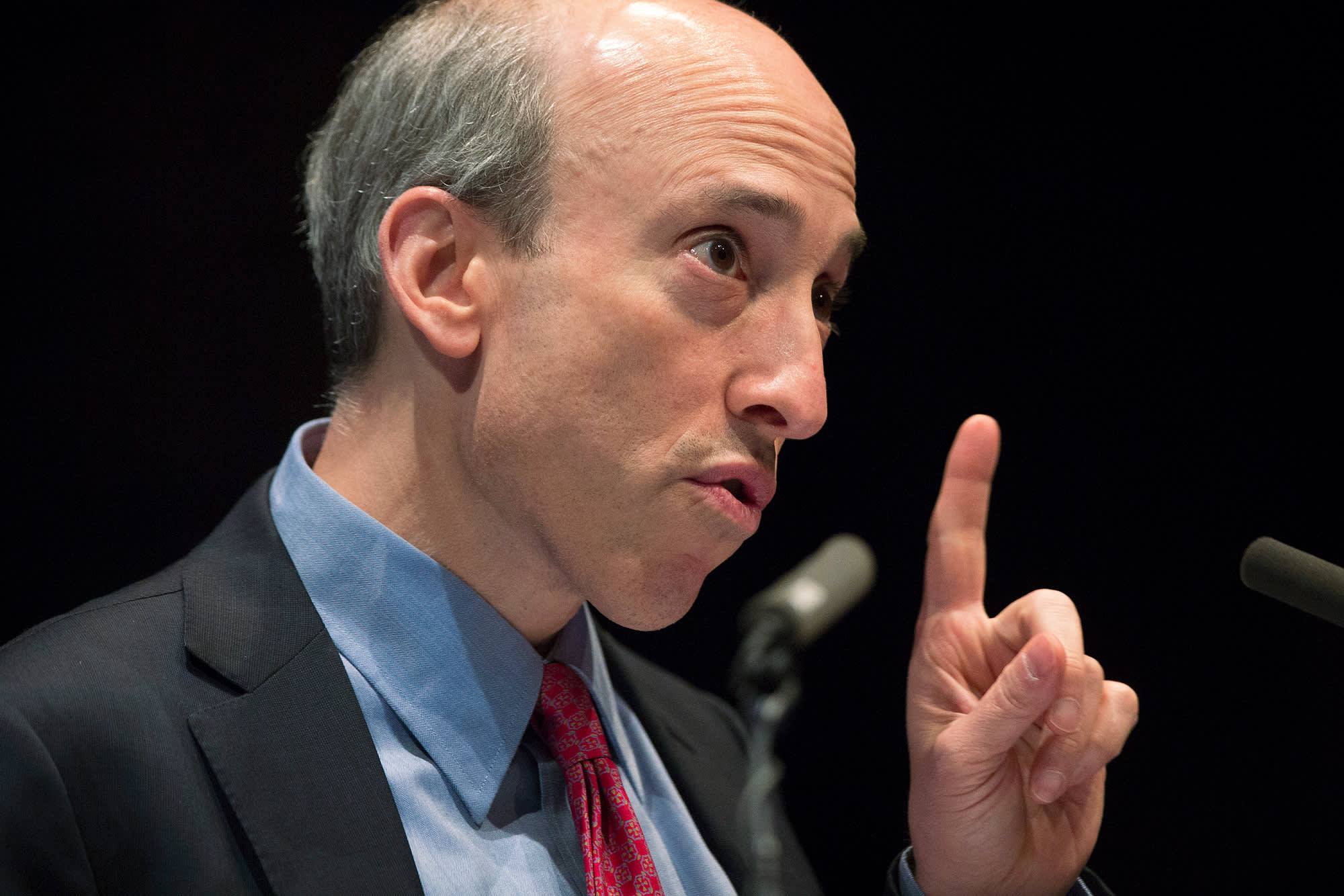SEC Chairman Addresses AI and Cryptocurrency Regulation Challenges
23.10.2024 8:30 1 min. read Alexander Zdravkov
Gary Gensler, Chairman of the U.S. Securities and Exchange Commission (SEC), recently highlighted the challenges of regulating artificial intelligence (AI) and cryptocurrencies in the financial sector.
He stressed the need for regulatory frameworks to adapt to the rapid advancements in these technologies.
Gensler compared AI’s transformative impact to that of the internet and electricity, noting its integral role in finance and the ethical concerns surrounding potential conflicts of interest. He warned that the use of similar AI models across firms could pose systemic risks, especially if reliant on large cloud providers.
Regarding cryptocurrencies, Gensler stated that blockchain technologies are not inherently incompatible with existing securities laws but emphasized that crypto projects must meet disclosure requirements to protect investors. He reaffirmed the SEC’s commitment to enforcing regulations in the sector, especially given past investor losses due to a lack of oversight.
Defending the SEC’s enforcement approach, Gensler highlighted the importance of robust regulations and disclosure, drawing comparisons to the 1920s market conditions. His term lasts until 2026, during which he aims to lower investor costs, enhance market resilience, and advance regulatory reform.
-
1
Binance Could Introduce Golden Visa Option for BNB Investors Inspired by TON
07.07.2025 8:00 1 min. read -
2
U.S. Dollar Comes Onchain as GENIUS Act Ushers in Digital Era
20.07.2025 17:56 1 min. read -
3
Weekly Recap: Key Shifts and Milestones Across the Crypto Ecosystem
06.07.2025 17:00 4 min. read -
4
Trump Imposes 50% Tariff on Brazil: Political Tensions and Censorship at the Center
10.07.2025 7:00 2 min. read -
5
USA Imposes Tariffs on Multiple Countries: How the Crypto Market Could React
08.07.2025 8:30 2 min. read
Strategy to Raise Another $2.47 Billion for Bitcoin Acquisition
Strategy the company formerly known as MicroStrategy, has announced the pricing of a new $2.47 billion capital raise through its initial public offering of Variable Rate Series A Perpetual Stretch Preferred Stock (STRC).
AI Becomes Gen Z’s Secret Weapon for Crypto Trading
A new report from MEXC reveals a striking generational shift in crypto trading behavior: Gen Z traders are rapidly embracing AI tools as core components of their strategy.
3 key Reasons Behind Today’s Crypto Market Drop
The crypto market shed 1.02% in the past 24 hours, led by a sharp Bitcoin drop and fading altcoin interest.
FTX Sets Next Data for Creditor Distribution
FTX Trading Ltd. and the FTX Recovery Trust have announced August 15, 2025 as the official record date for their next round of distributions.
-
1
Binance Could Introduce Golden Visa Option for BNB Investors Inspired by TON
07.07.2025 8:00 1 min. read -
2
U.S. Dollar Comes Onchain as GENIUS Act Ushers in Digital Era
20.07.2025 17:56 1 min. read -
3
Weekly Recap: Key Shifts and Milestones Across the Crypto Ecosystem
06.07.2025 17:00 4 min. read -
4
Trump Imposes 50% Tariff on Brazil: Political Tensions and Censorship at the Center
10.07.2025 7:00 2 min. read -
5
USA Imposes Tariffs on Multiple Countries: How the Crypto Market Could React
08.07.2025 8:30 2 min. read


